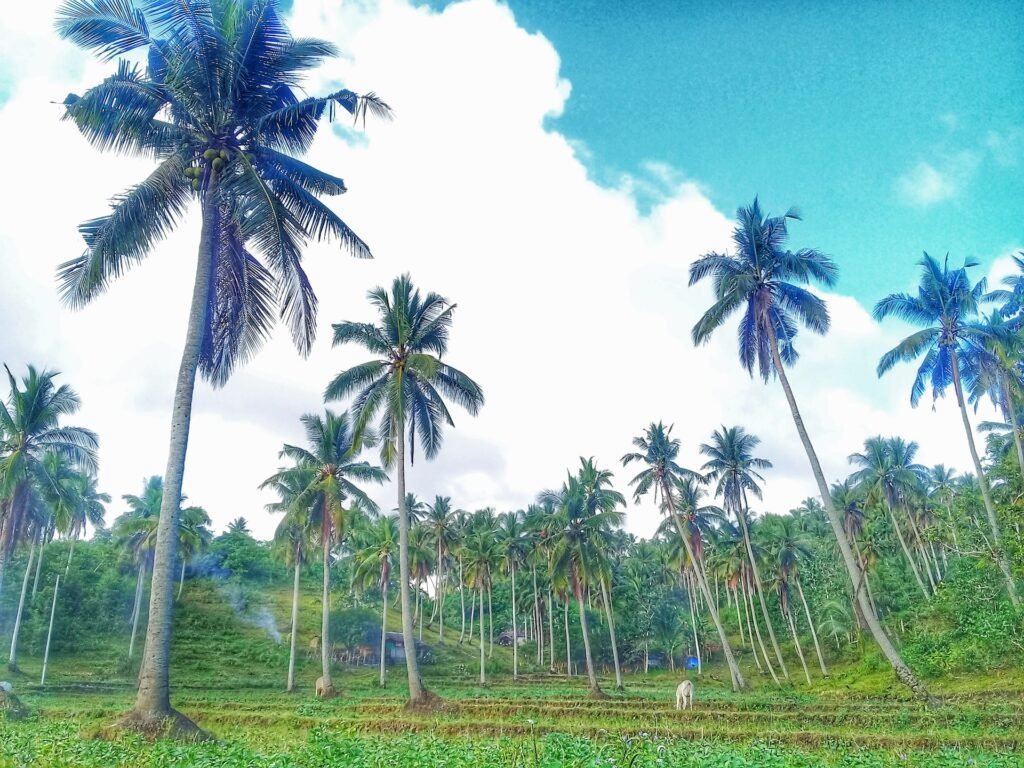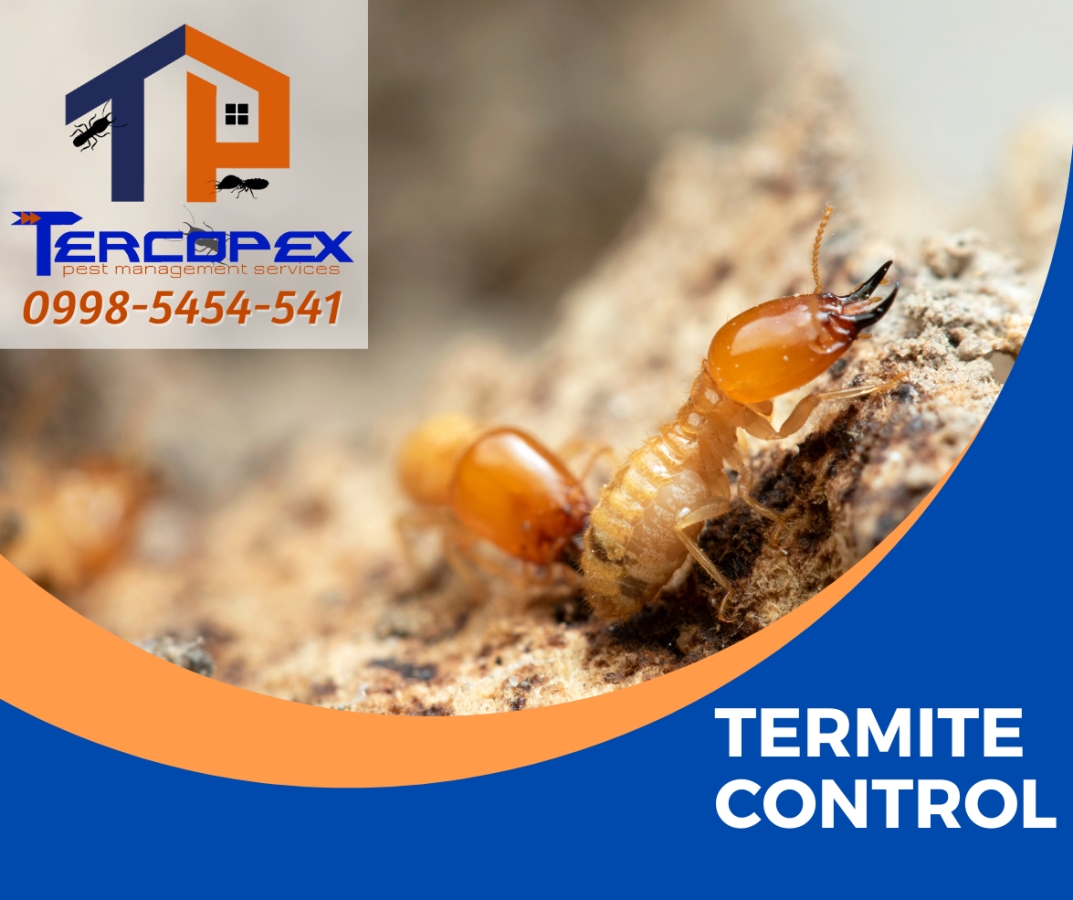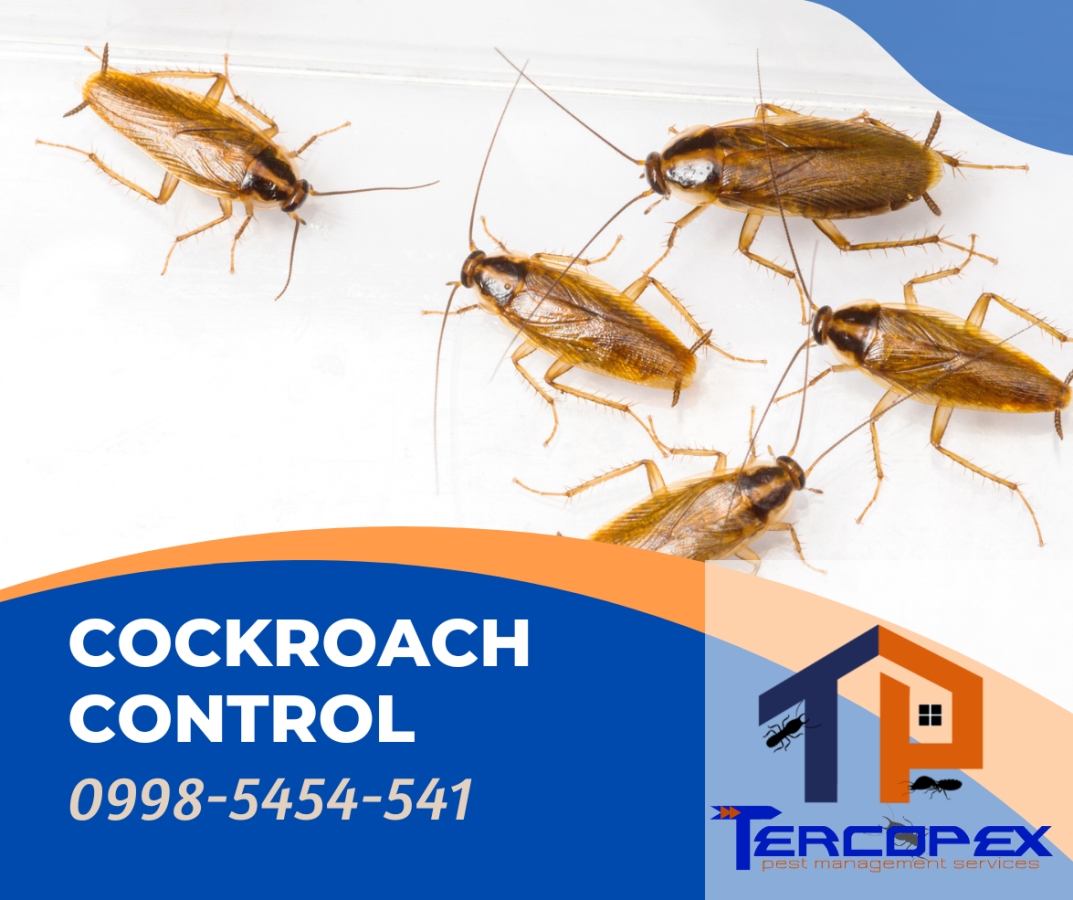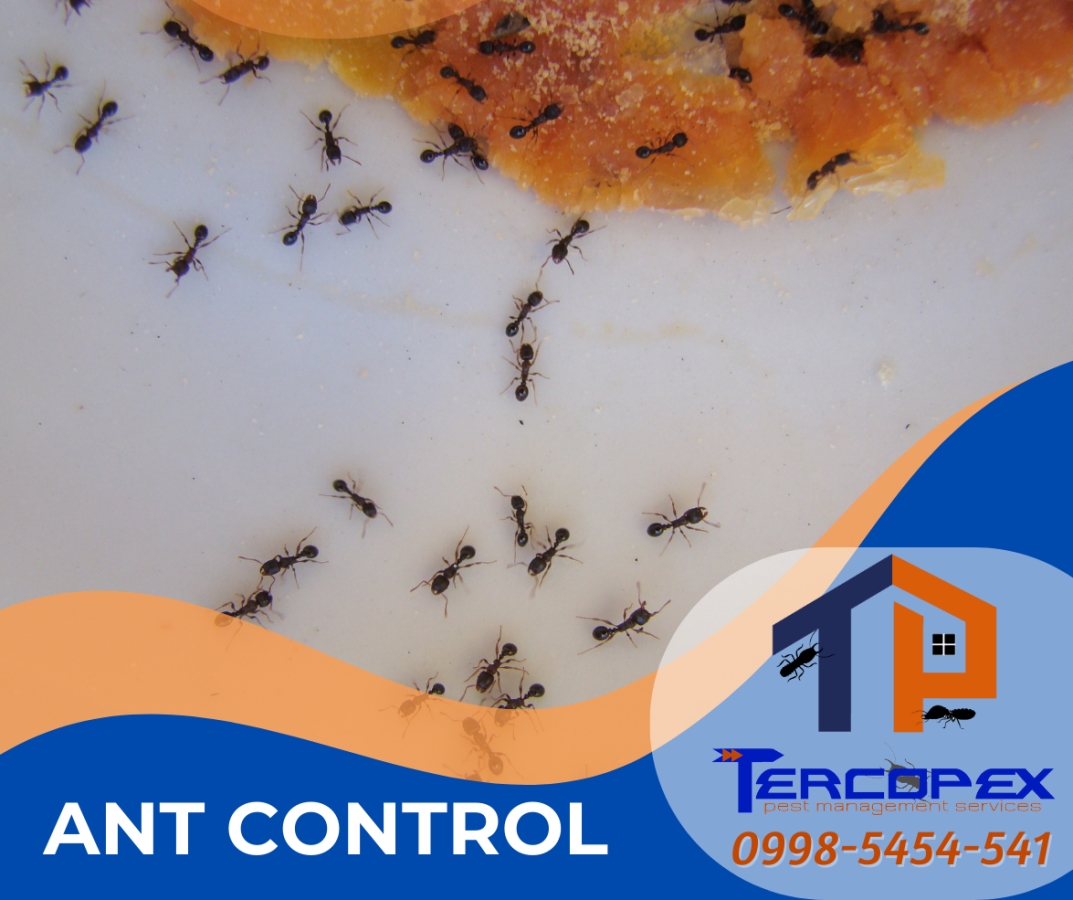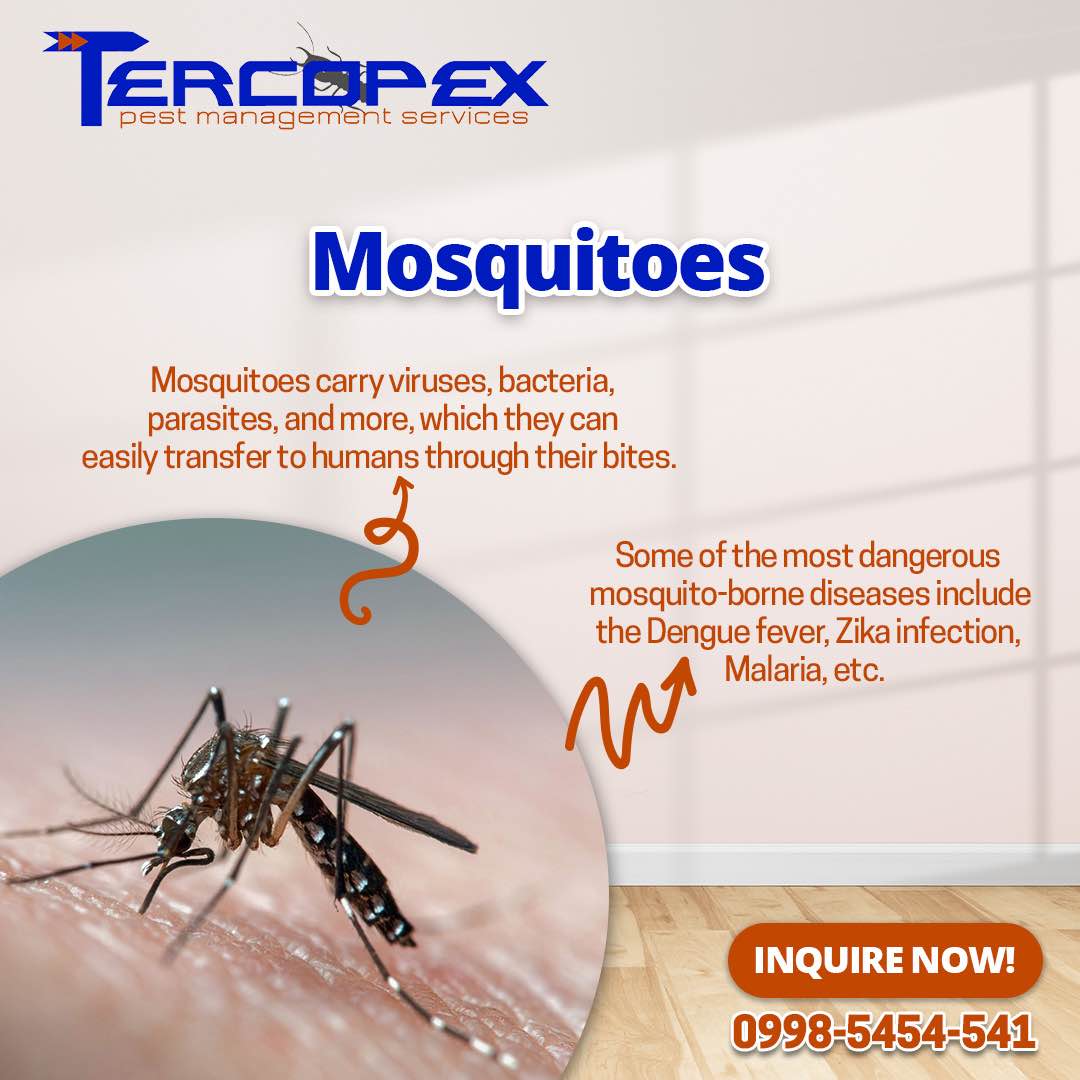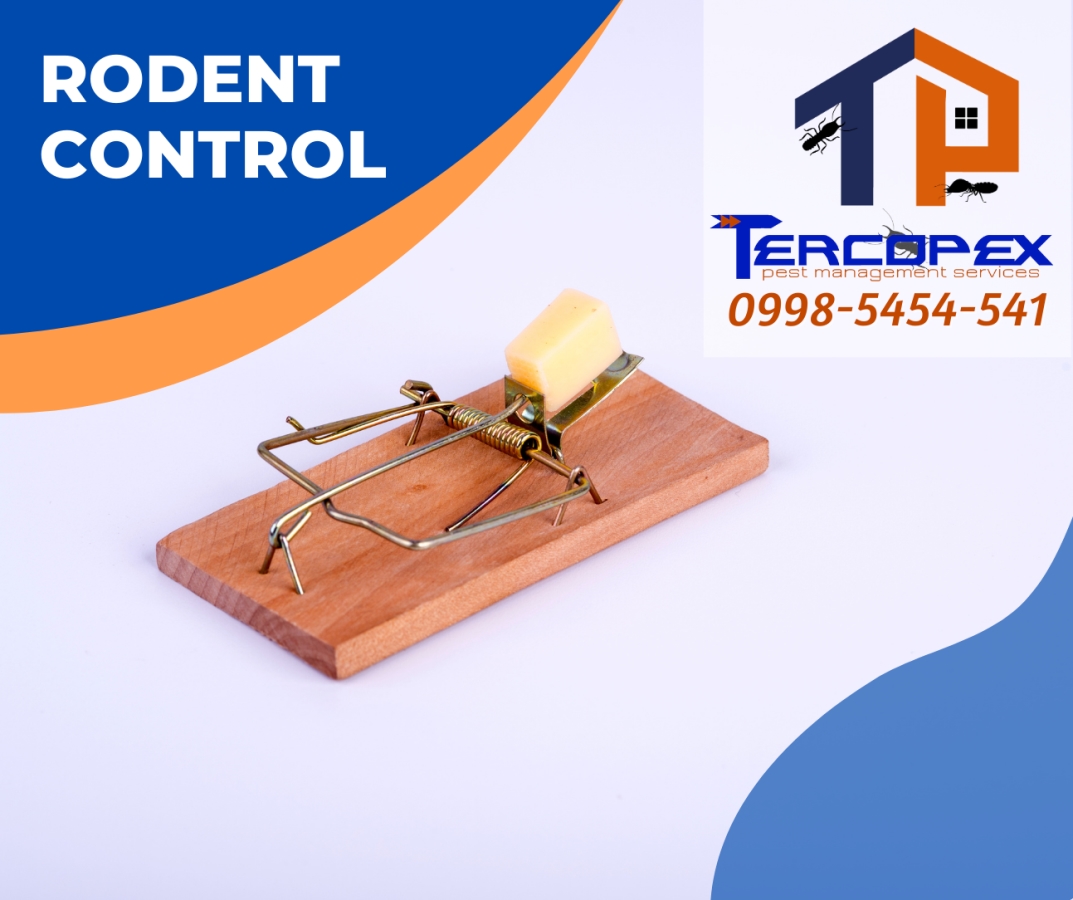Quezon province, situated in the Calabarzon region of the Philippines, is known for its natural beauty, rich biodiversity, and agricultural productivity. While it is not specifically recognized as a pest control prone area, pest management plays a crucial role in maintaining the province’s agricultural activities and preserving its diverse ecosystems.
Covering an expansive land area of around 8,989 square kilometers, Quezon province is home to approximately 2.9 million people. The province boasts a diverse agricultural sector, with a focus on rice, coconut, corn, and various fruits and vegetables. The abundance of crops and the region’s tropical climate create conditions that can attract pests, necessitating effective pest control measures. In Quezon province, businesses face various pests that can impact economic production and sustainability. Common pests include rodents, termites, flies, and various types of bugs. These pests can cause significant damage to property, crops, and livelihood. To address these challenges, households and business owners in Quezon province employ a range of pest control strategies. Integrated pest management (IPM) practices are widely adopted, emphasizing the use of cultural, biological, and chemical control methods. This approach promotes sustainable pest management by minimizing the use of synthetic pesticides and encouraging the implementation of preventive measures.

